A masterpiece of landscape design and political intrigue, Beijing’s Summer Palace (颐和园) is more than a garden—it’s a 700-acre ode to imperial escapism.
Built as a retreat from suffocating court rituals, this UNESCO World Heritage Site blends Jiangnan water town charm, Tibetan Buddhist mysticism, and a tragicomic tale of vanity. From its marble pleasure boat to its “borrowed” Kunming Lake views, here’s how to decode China’s most poetic royal sanctuary.
A Garden Born from Ambition (and Embezzlement)
The Original Vision:
Emperor Qianlong commissioned the palace in 1750 as a retirement gift to his mother, replicating Hangzhou’s West Lake with Kunming Lake.
The Scandal:
In 1888, Empress Dowager Cixi diverted funds meant for China’s navy to rebuild the palace after Anglo-French forces destroyed it in 1860. Her marble boat—a symbol of unshakable power—ironically mocks her fiscal recklessness.
Survival Story:
Though 80% of Beijing’s imperial gardens were razed, the Summer Palace survived wars and revolutions, emerging as a time capsule of Qing Dynasty aesthetics.
Must-See Wonders: Beyond the Postcard Spots
The Long Corridor (长廊)
A 728-meter covered walkway adorned with 14,000+ murals depicting myths, battles, and landscapes. Secret: Find the hidden painting of Cixi’s pet peacock.
Tower of Buddhist Incense (佛香阁)
Climb this 41-meter octagonal tower for a panorama where Kunming Lake mirrors the Western Hills—a technique called jie jing (“borrowed scenery”).
Suzhou Street (苏州街)
A faux-waterfront market where emperors role-played as commoners. Today, costumed vendors sell silk and trinkets from replica Qing-era shops.
Seventeen-Arch Bridge (十七孔桥)
At sunset, the bridge’s 544 lion carvings glow gold. Visit in January to see locals ice-skate beneath its arches.
Why It’s a UNESCO Jewel
Landscape Fusion:
Merges North China’s grandiosity with Jiangnan’s delicate water-and-rock gardens.
Engineering Feats:
Kunming Lake’s dredged silt formed Longevity Hill, while ancient drainage systems still prevent flooding.
Cultural Layers:
Tibetan-style temples coexist with Confucian pavilions, reflecting Qing emperors’ multicultural empire.
Smart Visitor Strategies
When to Go:
-
- April–June: Peonies and willow trees in bloom.
- October–November: Crimson maple leaves frame golden rooftops.
Avoid July–August crowds and heat.
Tickets & Hours:
-
- Entrance: ¥30 (park only); ¥60 (all attractions). Open 6:30 AM–6 PM (April–Oct); 7 AM–5 PM (Nov–Mar).
- Pro Tip: Buy tickets via WeChat mini-program “Yiheyuan” to skip lines.
Route Hacks:
-
- Enter via the East Palace Gate for a chronological journey from Cixi’s throne hall to the lakeside.
- Rent a paddleboat near the Marble Boat for crowd-free lake views.
- Exit via North Gate to explore the quiet, moss-covered Back Lake area.
Nearby Pairings:
-
- Morning: Summer Palace + Old Summer Palace ruins.
- Afternoon: Combine with Fragrant Hills Park (30-min drive) for hiking.

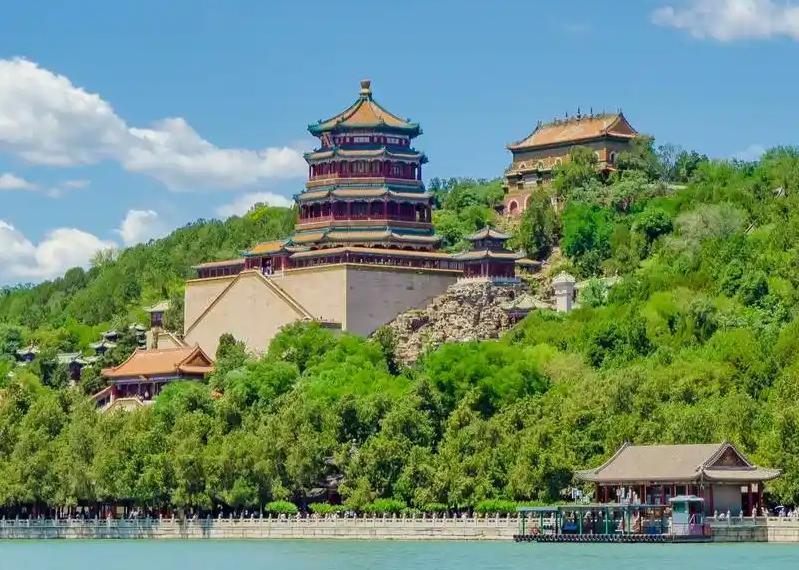
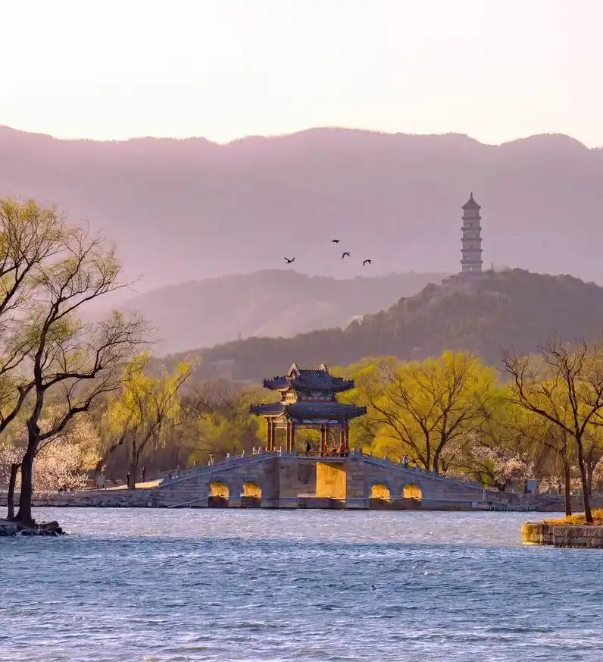
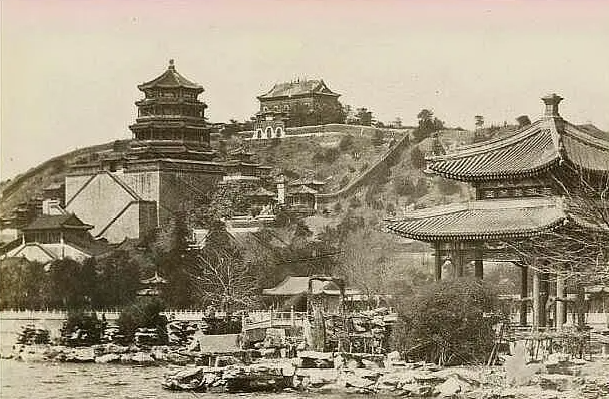
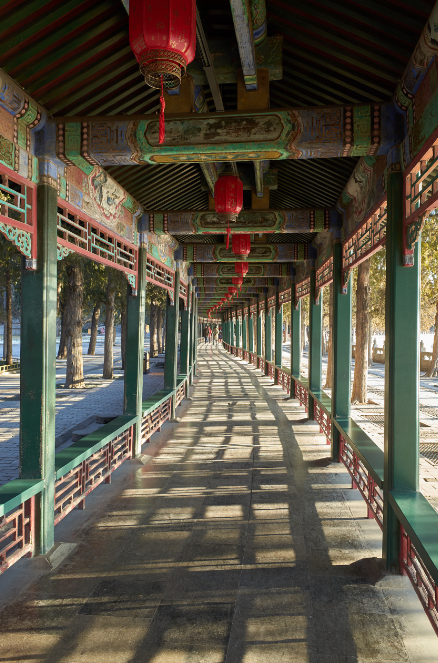
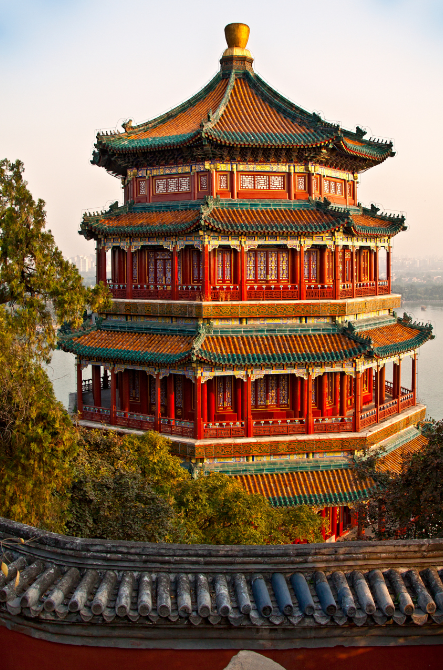
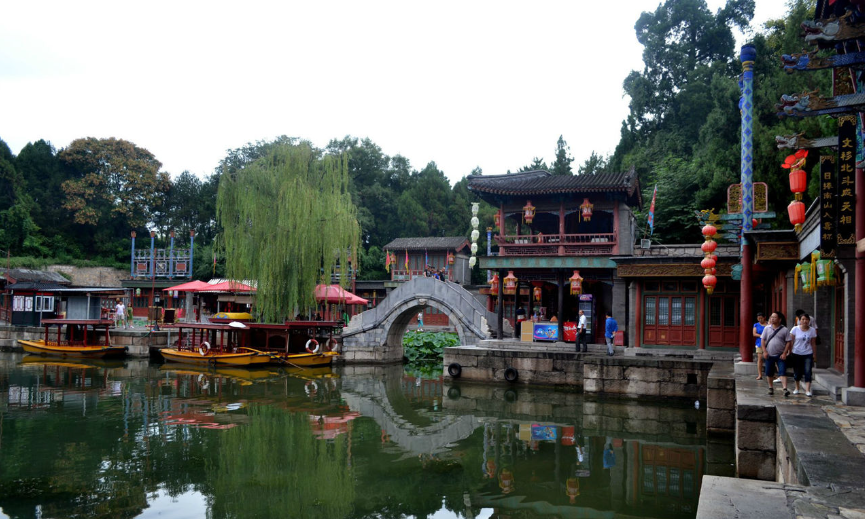
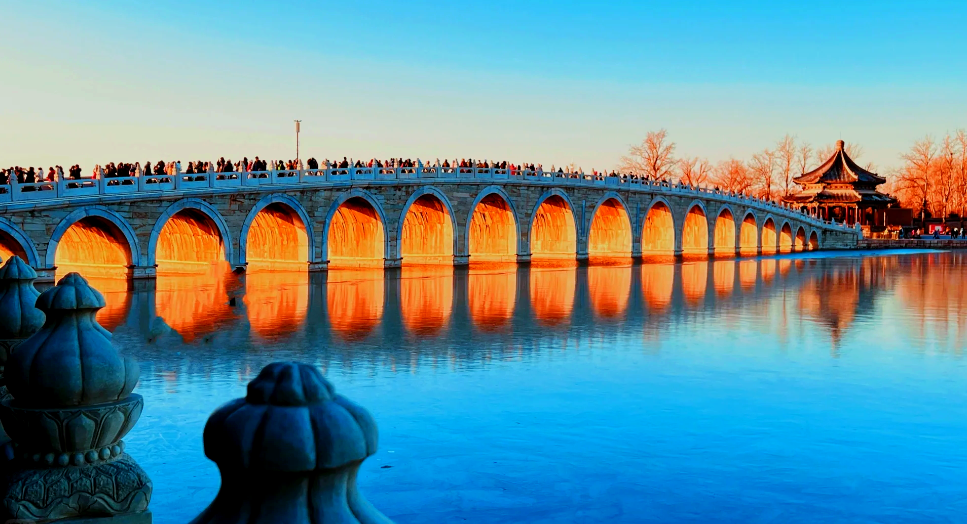
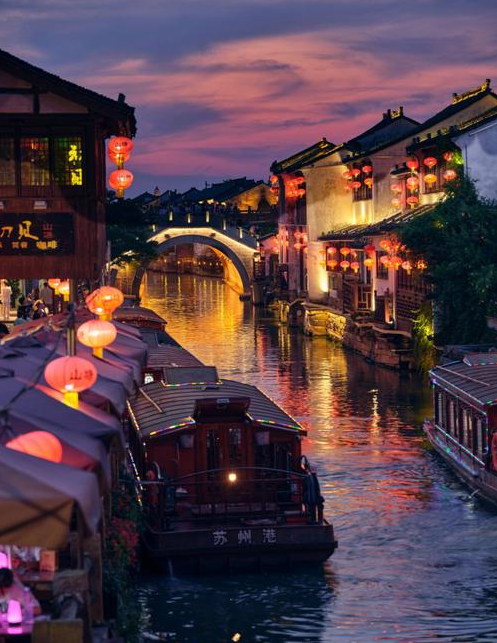
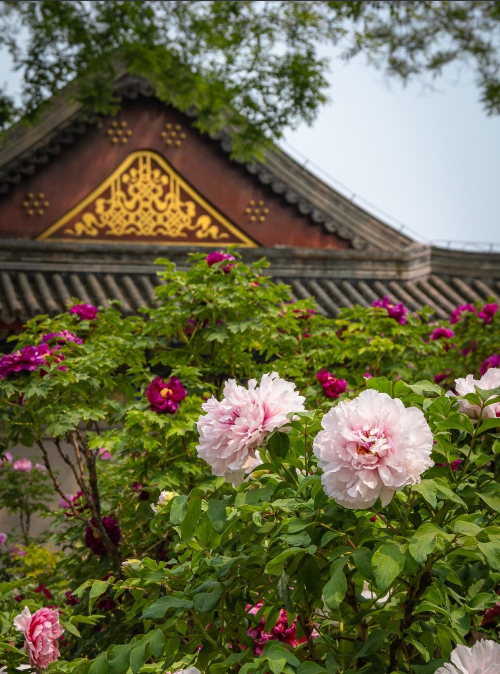
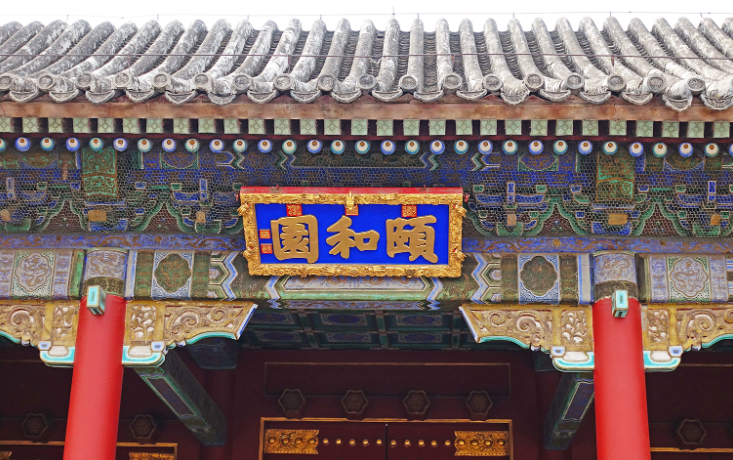













No comments yet